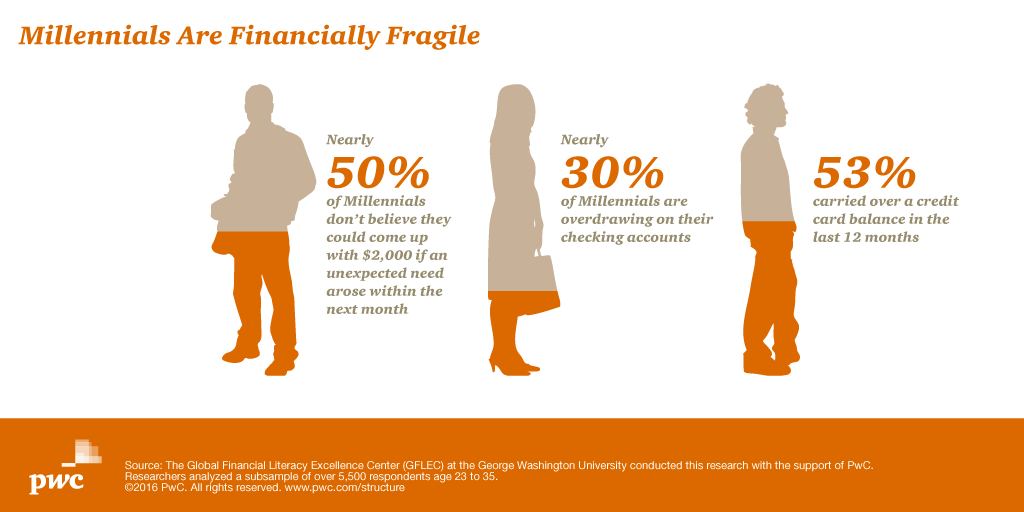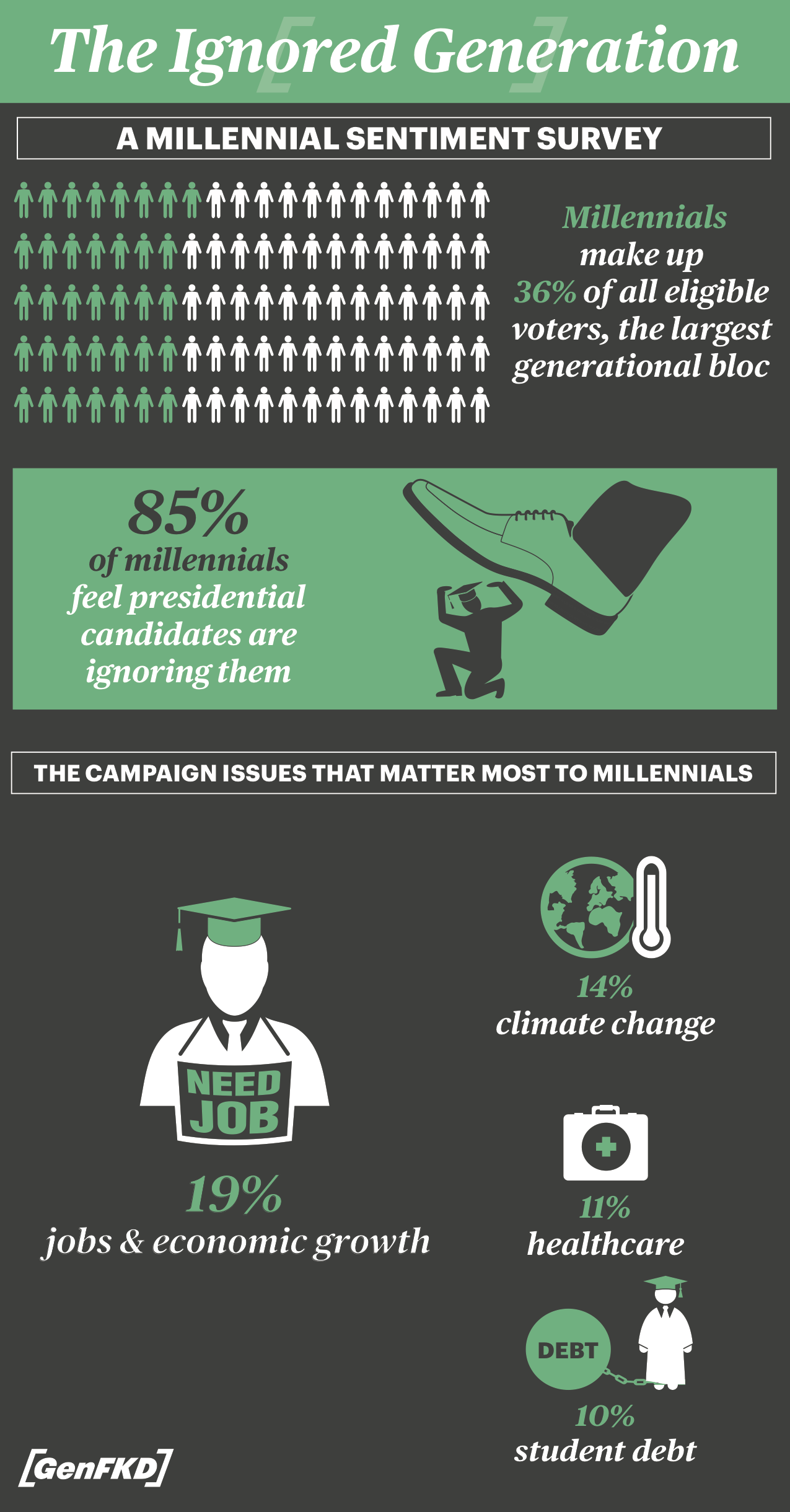
WASHINGTON (January 14, 2016) – College-aged adults (age 18-25) have more accepting views of mental health care than other adults, but they still see challenges when it comes to accessing care, according to results of a nationwide poll released today by the Anxiety and Depression Association of America (ADAA). The survey was conducted online among more than 2,000 adults, including 198 age 18-25, on behalf of the Anxiety Depression Association of America, American Foundation for Suicide Prevention and the National Action Alliance for Suicide Prevention by Harris Poll.
“We’re seeing a shift in the stigma of mental health in emerging adults, but until we can improve access to mental health care, it is unlikely that this generation will receive the support and care for a long-term change in mental well-being,” said Anne Marie Albano, PhD, ABPP, a member of ADAA and a child and adolescent psychologist and a professor at Columbia University. “Changes in our health care system have made it possible for them to get services and establish a new tenor for how future generations view mental health care. We must act to ensure this care is delivered.”
A majority of college-aged adults (60 percent) view seeing a mental health professional as a sign of strength, but nearly half see it as something most people cannot afford (46 percent) and one-third (33 percent) see it as inaccessible for most people. This age group, adults 18-25, report higher rates of diagnosed mental disorders than older adults, including anxiety and depression. Additionally, 65 percent of college-aged adults have ever thought they may have a mental condition.
While the vast majority (90 percent) of college-aged adults recognize that mental disorders can put someone at an increased risk of suicide, they may not fully grasp the risk associated with certain mental disorders. In fact, only 52 percent recognize anxiety disorders as a risk factor for suicide, compared with recognizing the impact that life situations, like bullying and relationships, have on suicide risk (91 percent), and they primarily see suicide as a way to escape pain (61 percent).
“More than 90 percent of those who die by suicide have a diagnosable illness such as clinical depression, and often in combination with anxiety or substance use disorders and other treatable mental disorders,” says Mark Pollack, MD, ADAA Past President and Grainger Professor and Chairman, Department of Psychiatry at Rush University Medical Center. “Effectively diagnosing and treating anxiety disorders and depression, especially when they occur at the same time, are critical to intervening and reducing suicide crises.”
The survey, conducted in August 2015, assessed perceptions about mental health and suicide awareness. The overwhelming majority of college-aged adults (96 percent) reported that they would take action if someone close to them was thinking about suicide; however, 57 percent admit that something might stop them from trying to help, compared to 43 percent of older adults (those age 26+), because they were fearful that:
- They would make them feel worse (39 percent of college-aged adults vs. 23 percent of older adults);
- There may be nothing to could do to help (27 percent vs. 17 percent); and
- Talking about it might make the person attempt suicide (25 percent vs. 14 percent).
Early diagnosis, intervention, and treatment of mental disorders are critical to preventing suicide. Mental disorders are treatable, and the vast majority of people can be helped with professional care. Although treatment is individualized, several standard approaches have proved effective.
- Therapy, such as cognitive behavioral therapy (CBT) or interpersonal therapy (IPT), involve people in their own recovery and provides a sense of control.
- Medication, including serotonin reuptake inhibitors (SSRIs), tricyclic antidepressants, benzodiazepines, beta blockers and monoamine oxidase inhibitors, is a proven treatment.
- Combination therapy, which includes behavioral therapy and medications, is also a proven treatment for many.
- Complementary and alternative treatments, like stress and relaxation techniques, meditation and yoga, are sometimes used to treat anxiety and depressive disorders alongside or instead of conventional treatments.
College-aged adults seeking help have many options:
- Go to your campus health or counseling center.
- Find a mental health professional near you.
- Contact your health insurance provider to understand treatment options covered under your plan.
- Have a conversation with friend.
- Call the National Suicide Prevention Lifeline at 1-800-273-TALK (8255) to talk to a skilled, trained counselor at a crisis center in your area at any time.
Visit www.adaa.org for more information on identifying the symptoms of anxiety and depression and the warning signs and risks of suicide.
Methodology
The Mental Health and Suicide Survey was conducted online within the United States by Harris Poll on behalf of ADAA, AFSP, and NAASP between August 10-12, 2015, among 2,020 adults ages 18+, among which 198 are age 18-25. Results were weighted for age within gender, region, race/ethnicity, income, and education where necessary to align them with their actual proportions in the population. Propensity score weighting was also used to adjust for respondents’ propensity to be online. The data have been weighted to reflect the composition of U.S. adults. Because the sample is based on those who agreed to participate in the Harris Poll panel, no estimates of theoretical sampling error can be calculated. For subgroup sample sizes, please contact Tamara Moore.
About the Anxiety and Depression Association of America (ADAA)
The Anxiety and Depression Association of America is the leading nonprofit organization dedicated to the prevention, treatment, and cure of anxiety disorders, depression, bipolar disorder, OCD, and PTSD through education, training, and research. Our mission focuses on improving quality of life for children and adults affected with these disorders. ADAA improves patient outcomes by promoting scientific innovation, encouraging translation and implementation of research into practice, providing continuing education of evidence-based treatments across disciplines and increasing public knowledge about how to find effective treatment.
Media Contact
Tamara Moore
(202) 745-5114
tmoore@gymr.com









